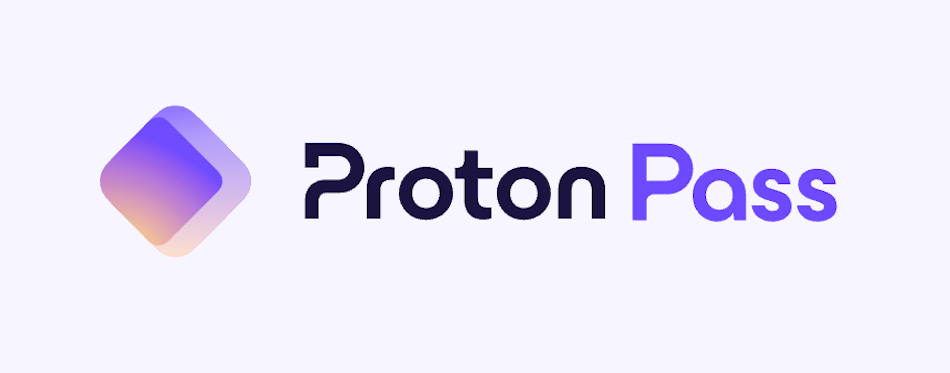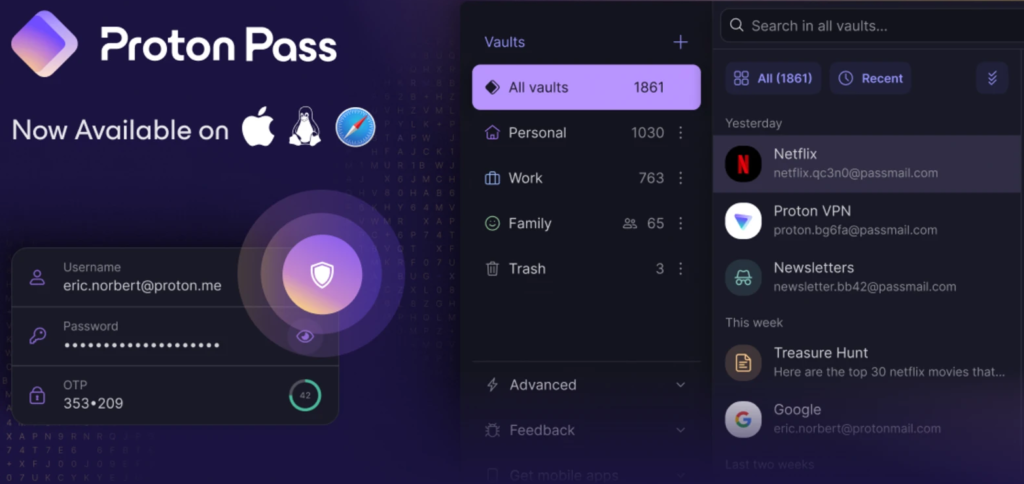
Proton, the Swiss firm behind the privacy-focused Proton Mail and Proton VPN, has released native versions of its Proton Pass password manager for Linux and macOS, as well as a Safari browser extension.
Proton Pass stands out for its end-to-end encryption, secure password and passphrase generation, easy autofill, built-in support for two-factor authentication, and ability to securely share secrets with trusted contacts.
Proton previously released Proton Pass for Windows, Android, and ChromeOS, so all major operating system options are covered now, allowing users to enjoy the product on multi-platform settings.

Proton Pass on Linux and macOS
Proton Pass on macOS gives users a central management solution for their passwords, while the Safari extension syncs logins across multiple devices and web browsers. Proton says it will soon roll out support for TouchID unlocking, allowing the unlocking of the secrets vault via fingerprint scans. This is not yet available, and Proton says the feature could land via automatic updates in the coming weeks.
The Linux version of Proton Pass supports Ubuntu, Debian, Fedora, CentOS, and all spins based on Debian or Red Hat Linux. If your distribution uses RPM or DEB packages, even if it’s not based on Debian or RHEL, there’s a good chance it will still work.
The standalone password manager for Linux is fully integrated with the system’s APIs and authentication mechanisms, so it can be unlocked with the user’s account, fingerprint sensors, and any other method supported by Linux PAM (Pluggable Authentication Modules).
Proton’s announcement highlights that the standalone apps for macOS and Linux store user passwords and secrets securely, using the Argon2 hash algorithm, which is considered far superior to MD5 and SHA-1 and much more resistant to brute-forcing attacks.
Make sure to download Proton Pass for your operating system from Proton’s official portal to avoid trojanized installers and malware.
If you’re a new user interested in testing the waters, ProtonPass offers a free version too, which is limited to two vaults, ten private email aliases, and sharing with two users.







Leave a Reply